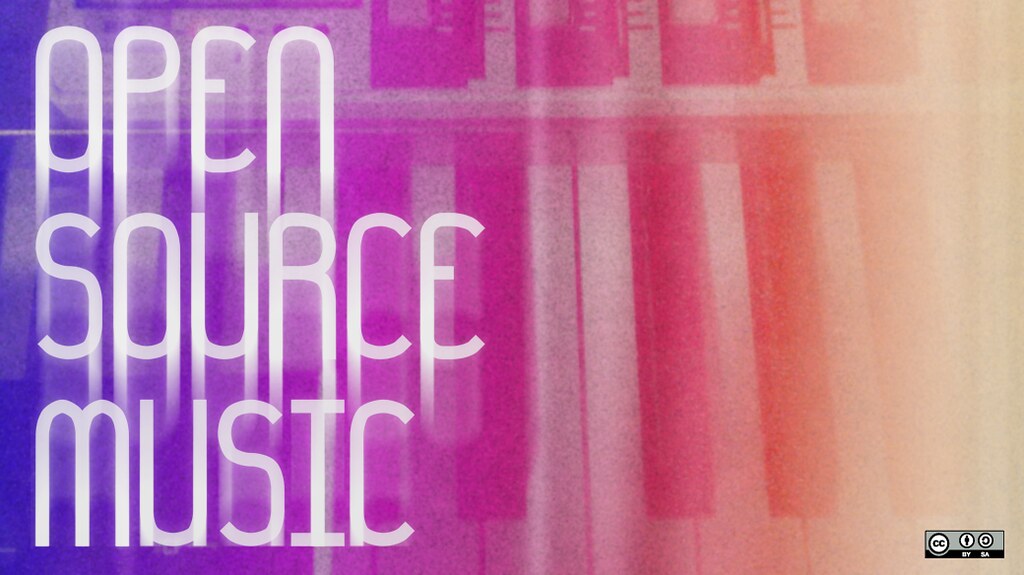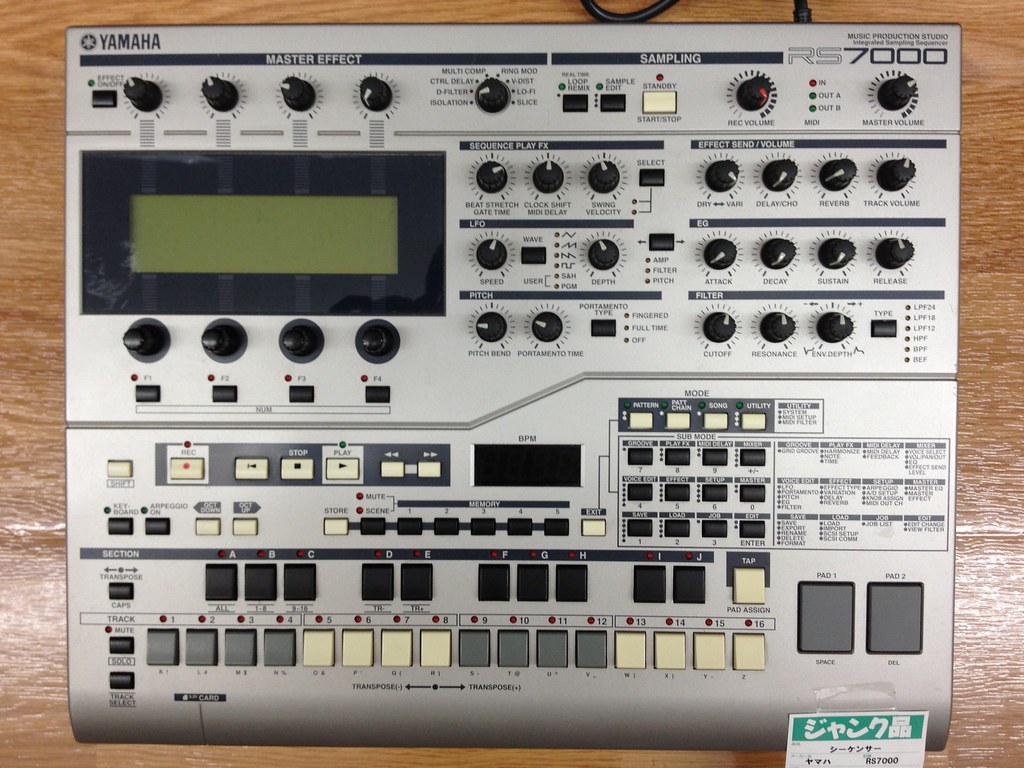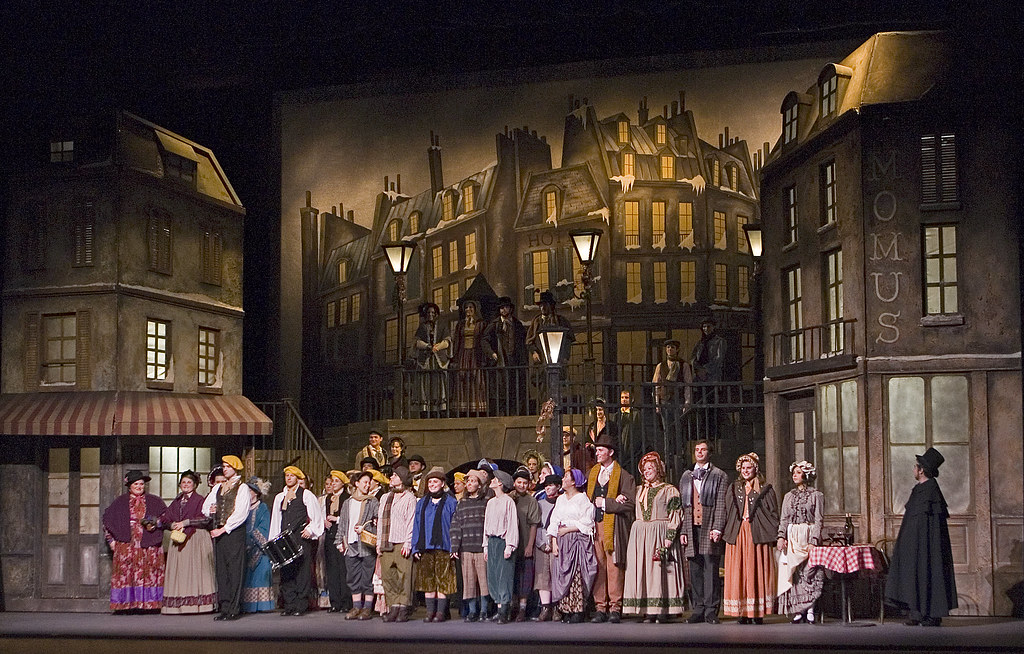Are you tired of using the same old operating system for your music production needs? Are you looking for something more flexible, reliable and customizable? Look no further than Linux! But with so many different Linux distributions available, it can be overwhelming to choose the right one for your specific needs, especially the Best Linux Distro For Music Production. In this blog post, we’ll explore some of the best Linux distros that can empower your music production and take your creativity to new heights. Get ready to unleash your full potential as a music producer with Linux!
Table of Contents
Introduction to Linux for Music Production: Why it can be a game changer
Linux for Music Production can be a game changer for those who want to create music on a budget. Linux is an open-source operating system that offers a range of benefits over other proprietary systems. One of the most significant advantages is that it is free to use, which can save you a lot of money in the long run. Linux also offers more flexibility and customization options, allowing you to tailor your system to your specific needs. Another benefit is that Linux is less prone to viruses and malware, making it more secure than other operating systems. Additionally, Linux has a vast community of developers who create and maintain software specifically for music production. This means that there are many free and open-source tools available that can help you create professional-quality music without breaking the bank.

Benefits of using Linux when Making Music: A Comprehensive Guide
Linux has become a popular choice for music production due to its stability, flexibility, and open-source nature. One of the main benefits of using Linux for music production is the low latency performance it offers. This means that there is minimal delay between the input and output of audio signals, resulting in a more responsive and accurate recording experience. Additionally, Linux offers a wide range of audio tools and plugins that are available for free or at a lower cost than their proprietary counterparts. Another advantage of using Linux for music production is the ability to customize your workflow. With Linux, you have complete control over your system and can tailor it to your specific needs. This allows you to create a more efficient and streamlined workflow that can save you time and increase your productivity in the studio. Overall, Linux offers a powerful platform for music production that can help you take your creativity to the next level.
Best Linux Distros for Music Production in 2021: Our Top Picks
Best Linux Distros for Music Production in 2021: Our Top Picks
If you’re looking for the best Linux distro for music production, you have several options to choose from. Here are our top picks:
-
Ubuntu Studio – This is a popular choice among musicians and producers, as it comes with a range of pre-installed software, including Ardour, Audacity, and Rosegarden.
-
AV Linux – This distro is designed specifically for audio and video production and comes with a range of tools such as Ardour, Mixbus, and Qtractor.
-
KXStudio – This distro is based on Ubuntu and comes with a range of audio plugins and tools, including Carla, JACK Audio Connection Kit, and Cadence.
-
Fedora Jam – This distro is designed for musicians and producers who want a stable platform with up-to-date software. It comes with a range of software such as Ardour, MuseScore, and Qtractor.
-
OpenSUSE Leap – This distro is known for its stability and reliability, making it a great choice for music production. It comes with software such as Ardour, Audacity, and Rosegarden.
Each of these Linux distros for music production has its own strengths and weaknesses. It’s important to choose the one that best suits your needs and workflow.

Comparison of the Best Linux Distros for Music Production
Top Linux Distros for Seamless Music Production
When it comes to music production on Linux, there are several great options available that offer the necessary tools and features for a seamless experience. Two of the top contenders in this niche market are Ubuntu Studio and AV Linux. While both distros have their unique strengths, Ubuntu Studio stands out for its user-friendly interface and extensive list of pre-installed software such as Ardour, Rosegarden, and Hydrogen. On the other hand, AV Linux is known for its low-latency kernel optimized for audio production and also includes software like Guitarix, Qtractor, and Carla. Choosing between these two depends on your personal preferences but rest assured you can’t go wrong with either one!
Comparing the Audio Capabilities of Linux Distros for Music Production
When it comes to music production, having a reliable operating system is crucial. Linux distros are known for their stability and customization options, making them a great choice for musicians. However, some distros offer better audio capabilities than others.
Ardour compatibility is one important factor when comparing Linux distros for music production. Ardour is a popular digital audio workstation that runs on several Linux distributions. Some distros may require additional steps to install or run Ardour properly.
Another key consideration is real-time kernel support, which can reduce latency issues during recording and mixing sessions. Distros like Ubuntu Studio and AVLinux come with real-time kernels pre-installed, while others may require manual configuration.
When choosing the best Linux distro for music production, it’s important to consider these factors along with your specific needs and preferences as a musician or producer.
Linux Distros with the Best Music Production Software Packages
When it comes to choosing the best Linux distro for music production, it’s important to consider the software packages that come bundled with each distro. Some popular options include Ubuntu Studio, which offers a range of audio and MIDI tools such as Ardour and Audacity. Another great choice is Fedora Jam, which includes powerful digital audio workstations like Qtractor and Rosegarden. Additionally, KXStudio is a Debian-based distro that features up-to-date versions of popular music production software including JACK Audio Connection Kit and Carla Plugin Host. Ultimately, selecting the right Linux distribution can make all the difference in boosting your productivity and enhancing your overall music production experience.
Optimizing Your Music Production Workflow with Linux Distros
When choosing the best Linux distro for music production, consider optimizing your workflow. Real-time performance is crucial when recording or playing back audio, and certain Linux distros offer better real-time capabilities than others. Additionally, having access to a variety of audio plugins can greatly enhance your ability to produce high-quality music. Consider a Linux distro that has easy access to popular audio plugins such as LV2 or LADSPA. With these key factors in mind, you can find the perfect Linux distribution that will help streamline your music production workflow and unleash your creativity like never before!

Essential Software and Tools Required for your Music Studio on Linux
Essential Software and Tools Required for your Music Studio on Linux
Linux is a great operating system for music production, but you need the right software and tools to take advantage of its full potential. Ardour is a popular open-source digital audio workstation that offers professional-level features for recording, editing, mixing, and mastering. It supports various plugin formats such as LADSPA, LV2, VST3, and AU.
For virtual instruments (VSTs), Carla Plugin Host is an excellent choice that can host Windows VST plugins via Wine compatibility layer. Another alternative is Zrythm, which provides native support for LV2 plugins along with MIDI sequencing capabilities.
For sound synthesis needs,ZynAddSubFX provides polyphonic presets based on subtractive synthesis techniques combined with frequency modulation (FM) or waveshaping methods.
In addition to these powerful tools, it’s essential to have reliable hardware for your music studio setup on Linux. Ensure your interface has low latency performance by installing specialized drivers like ALSA or JACK Audio Connection Kit. With the right combination of software and hardware resources at hand plus efficient utilization techniques such as parallel processing or track freezing; you can get incredible results in no time!

Conclusion: Why You Should Consider Switching to a Linux Distro if you’re into music production
If you’re serious about music production, then you owe it to yourself to consider switching to a Linux distro. With its open-source nature and vast community of developers, Linux offers a level of customization and flexibility that simply can’t be matched by proprietary operating systems. By using the best Linux distro for music production, you’ll have access to a wide range of powerful tools and software that can help take your music to the next level.
Whether you’re a seasoned professional or just starting out, Linux has something to offer everyone. From its low-latency kernel to its vast library of plugins and effects, there’s no shortage of ways to customize your workflow and achieve the sound you’re looking for. So why wait? Start exploring the world of Linux today and see what it can do for your music production!
In conclusion, Linux is a powerful tool for music production that can help you take your creativity to the next level. With its customizable interface, open-source software, and low latency performance, Linux distros are perfect for music producers who want to create high-quality tracks without breaking the bank. We hope that our guide has helped you find the best Linux distro for your music production needs. Don’t forget to check out our other content for more tips and tricks on how to improve your music production skills. So what are you waiting for? Start exploring the world of Linux today and see how it can transform your music studio!

